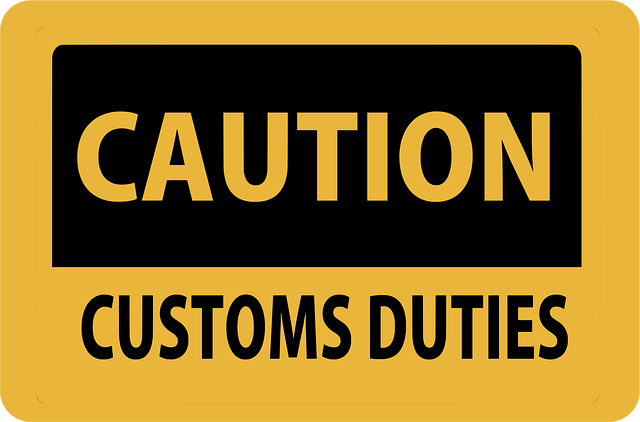Court orders are legally binding documents with severe penalties for non-compliance, emphasizing adherence to maintain a fair and efficient legal system. Non-compliance can lead to fines, imprisonment, litigation, and reputational damage. To ensure compliance with court orders, establish clear communication, implement structured monitoring, and understand the strong deterrent of penalties aimed at upholding judicial authority.
Ensuring compliance with court orders is paramount for maintaining the integrity of the legal system. This article delves into the critical aspects of understanding and adhering to court mandates, focusing on the significance of preventing contempt of court violations. We explore effective strategies for compliance, examine potential consequences of non-compliance, and discuss enforcement mechanisms designed to uphold judicial authority. By understanding these key components, individuals and organizations can navigate legal requirements with greater confidence and certainty.
- Understanding Court Orders and Their Significance
- The Impact of Contempt of Court Violations
- Strategies for Effective Compliance
- Consequences and Enforcement Mechanisms
Understanding Court Orders and Their Significance

Court orders are legal documents that carry significant weight and hold immense importance in any legal proceeding. They are directives issued by a judge, outlining specific actions or restrictions to be followed. Compliance with court orders is not just a legal obligation but also a matter of upholding justice. When an individual or entity fails to adhere to these orders, it can lead to severe consequences, including civil and criminal penalties.
Understanding the nature and significance of court orders is crucial for ensuring compliance. These orders detail expectations, obligations, and deadlines set by the court to resolve disputes or enforce legal rights. Compliance guarantees that all parties involved in a case respect the authority of the court and work towards fulfilling their respective duties, ensuring a fair and just resolution.
The Impact of Contempt of Court Violations

Contempt of court violations can have significant and far-reaching consequences for individuals and organizations alike. When someone fails to comply with a court order, it undermines the integrity and authority of the legal system. This not only disrupts the ongoing judicial process but also erodes public trust in our courts. Non-compliance can result in severe penalties, including fines, imprisonment, or both, depending on the severity of the violation.
Such violations can create a complex web of legal repercussions. They may lead to further litigation, increased legal costs, and even criminal charges. For businesses, non-compliance can damage their reputation, impact their operations, and result in loss of licenses or permits. Thus, ensuring compliance with court orders is not just about adhering to legal requirements but also maintaining the integrity of our justice system and protecting one’s own interests.
Strategies for Effective Compliance

Ensuring compliance with contempt court orders is not merely a legal requirement but also a strategic move for individuals and organizations. To achieve this, it’s crucial to implement robust strategies that promote adherence. One effective approach is establishing clear communication channels to keep all parties informed about the order’s specifics and any changes. Regular updates and reminders can prevent misunderstandings and ensure everyone involved remains accountable.
Additionally, creating a structured monitoring system helps in tracking compliance progress. This involves regular reviews and audits to assess adherence to the court orders. By integrating these practices, individuals and entities can proactively manage their obligations, minimize the risk of further legal complications, and foster an environment of integrity and respect for judicial authority.
Consequences and Enforcement Mechanisms

Non-compliance with court orders can have severe consequences for individuals and organizations alike. These penalties are designed to enforce the rule of law and ensure that decisions made by the judiciary are respected and followed. The direct result of contempt of court is often a fine, which can be substantial, depending on the nature and impact of the non-compliance. Additionally, those found guilty may face imprisonment, especially if they have willfully ignored or deliberately violated the order. These penalties act as a deterrent, emphasizing the importance of adhering to legal directives.
Enforcement mechanisms are in place to swiftly address any deviations from court-mandated requirements. Legal professionals and relevant authorities monitor compliance, utilizing various tools such as regular check-ins, reporting systems, and even surveillance. In cases where non-compliance is identified, a series of steps are triggered, including formal warnings, legal proceedings, and, as a last resort, the activation of emergency enforcement powers. This multi-faceted approach ensures that individuals and entities remain accountable, fostering a culture of respect for judicial authority.






